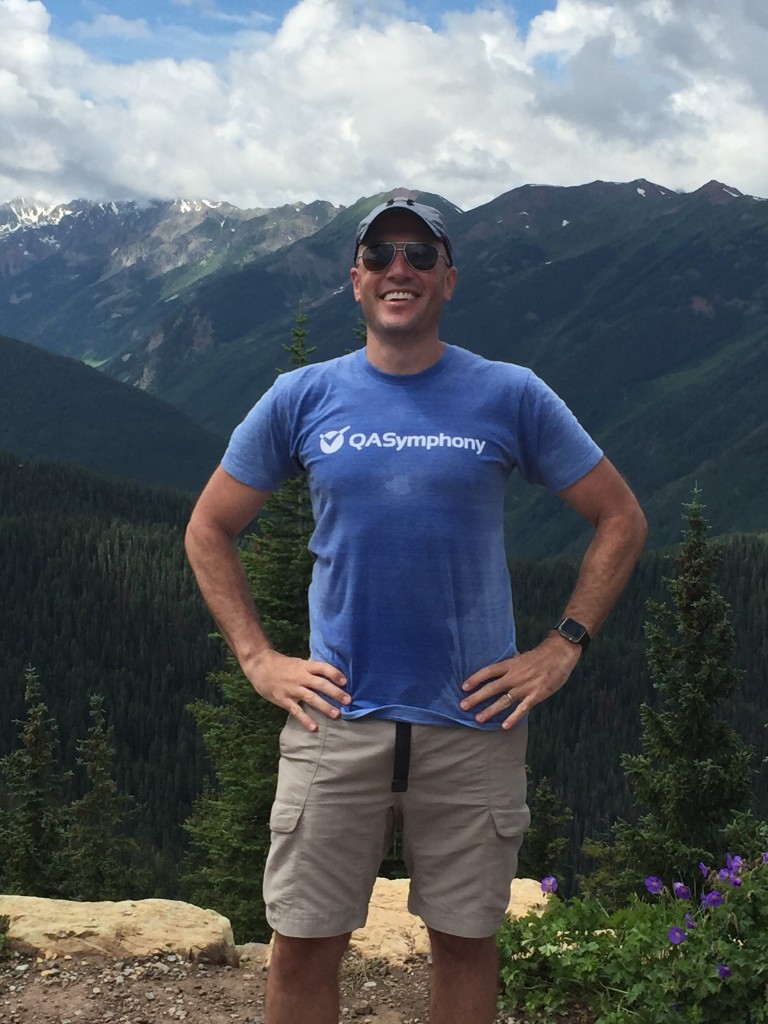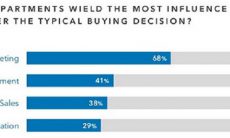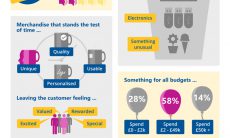For my entire career, I’ve worked for large companies. I started in advertising working for Saatchi & Saatchi and Havas, two of largest global agencies. My clients were all Fortune 100 companies like P&G and GlaxoSmithKline.
More recently I’ve spent time at AutoTrader, a part of the multi-billion dollar Cox Corporation and PGi, a $500 million public company with 2500 employees worldwide.
But, over the past 8 years, I’ve been lucky to stumble into more entrepreneurial-type positions within these large companies. At AutoTrader, I had the opportunity to build the B2B marketing function from the ground up. And at PGi, I built the lead gen and inbound sales team that grew revenue over 300% in 3 years.
I Like to Build Things
Through those experiences, I learned something important about myself – I really like to “build” things. When I’m building, I’m at my best and happiest in my job. When things shift to more of a “management” phase, that’s when I tend to get bored and start looking for the next thing.
That was the position I was in at PGi. I had been there for 3 years and I had built out a 25 person sales and marketing team. I had a great bench of talent who I knew could keep the ship going without me.
A Unique Opportunity
That’s when a unique opportunity came my way – a local startup called QASymphony. The company makes software used to test software applications for bugs. Testing is the less sexy part of the software development process, but incredibly important. You just need to read some recent headlines about software bugs bringing down major companies like NYSE, United Airlines, and WSJ.com to understand the significance of software quality.
QASymphony has a great platform for agile software testing and has been rapidly gaining traction in the market. But they had some misfires with marketing since the company started and were looking to bring on someone to help build the function. It was right up my alley with the exception of one thing: I had never worked for a startup before.
That was probably the main concern for the QASymphony team as I went through the interview process. No one questioned my skills or experience. But would a guy who has spent his career in big companies be able to adapt to a small startup?
An Entrepreneur in Large Companies
Personally, I didn’t have any concerns about that. I had spent the past 8 years in roles where I was essentially an entrepreneur in large companies. I knew that my skills would transfer well. I guess QASymphony felt the same way and they hired me.
I’ve been on the job for about 3 months now and its been a lot of fun. I’m back to building. Right now I’m working on a new brand name/logo, a new website, new collateral, new content, and much more. I’ve also been drinking the company Kool-Aid: I wear my branded QASymphony apparel everywhere I go, even while hiking on vacation in Colorado, as you can see in the photo below.

We Don’t Have the Resources
Of course, there are also some challenges. We’re a startup, so we don’t have the resources I used to have at bigger companies. I have a small team of 3, including an intern. We have to make our dollars stretch as far as possible. I’m rolling up my sleeves every day and actually doing the work rather than managing the process.
Honestly, sometimes having fewer resources can be a good thing. It forces you to focus on what’s critical to driving the business. It makes you to get creative on how you spend company money. For example, rather than hiring expensive agencies with big retainers, I’ve opted for good contractors who bill hourly. Fortunately, I’ve been able to find a lot of former agency people who are now out on their own doing contract work. So, I’m getting top talent for a lot less.
Going Small Isn’t For Everyone
Going small isn’t for everyone. You really have to know what you’re getting into. Before I took the job, I spent a lot of time studying the industry, the company and the leadership team. Our CEO Dave Keil told me that I probably did more research on him during the interview process than he did on me. But that due diligence has paid off. When I took the job, I knew exactly what I was getting into, and there have been no big surprises. If anything, the job has exceeded my expectations so far.
So, whether you’re at a big company or a small company, it’s important that you’re happy. Throughout my career, I’ve seen time and time again that happy employees are better employees.
The key to happiness at work is figuring what you like to do, and then finding the company – big or small – where you can do it.




